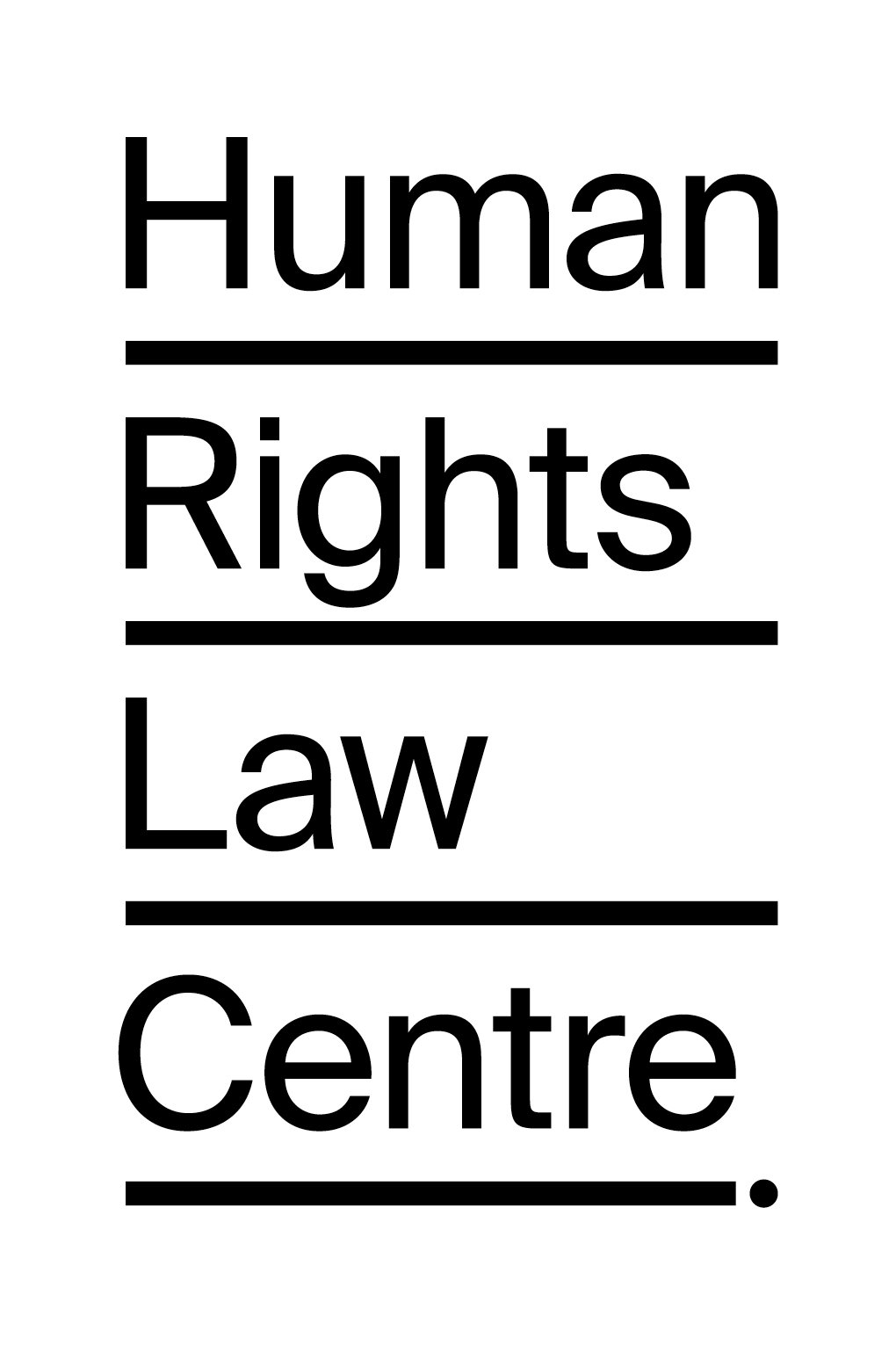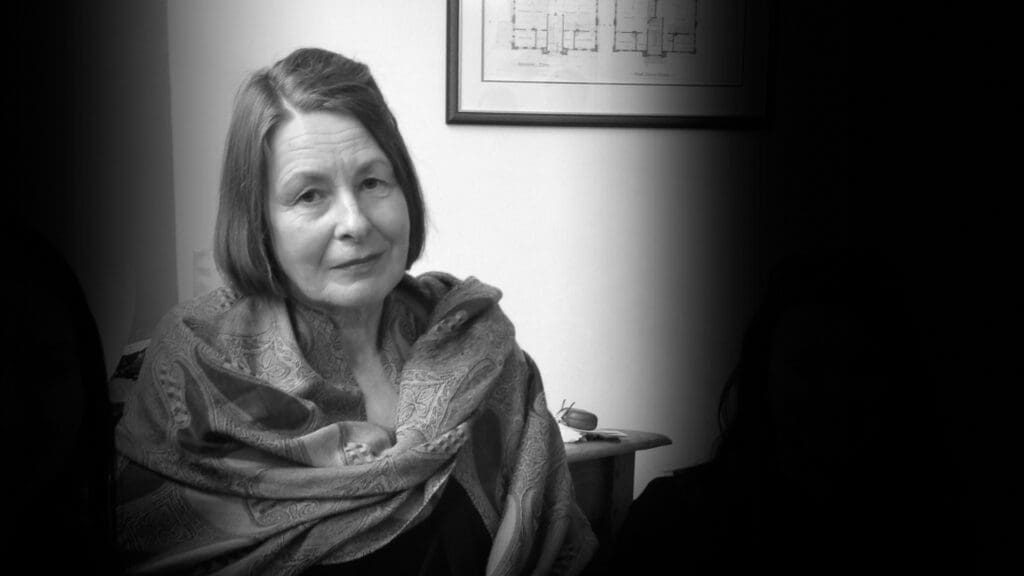Coroner to decide if systemic racism will be considered in the inquest into the death of Kumanjayi Walker
The North Australian Aboriginal Justice Agency (NAAJA), with support from the Human Rights Law Centre, is taking part in the coronial inquest into the police-shooting death of Kumanjayi Walker.
NAAJA has been given special leave in the inquest to represent the broader Aboriginal community in the Northern Territory and highlight systemic injustices that contribute to the ongoing deaths of Aboriginal people in police custody.
On 9 November 2019, 19-year-old Warlpiri and Luritja teen Kumanjayi Walker died after being shot three times at close range by police officer Zachary Rolfe in the community of Yuendumu. Constable Rolfe was charged with murder after the shooting but acquitted at trial.
Coroner Armitage is presiding over the three-month coronial inquest which is being held in Alice Springs. Tomorrow, the Coroner will hear arguments on the scope of the inquest, and whether the issue of systemic racism should be considered within the scope. The scope of the inquest was previously settled at a directions hearing earlier this year, but is the subject of a late objection by Constable Rolfe.
During the inquest, NAAJA and the Human Rights Law Centre will highlight systemic injustices experienced by Aboriginal people in the Northern Territory and call for:
-
an end to discriminatory policing and excessive use of force by police;
-
independent and more robust police accountability mechanisms; and
-
community-led alternatives to police and community-controlled health services.
Beth Wild, Principal Legal Officer, NAAJA:
“This Coronial provides us an opportunity to examine how this could have happened. What has led up to a heavily armed police group heading into an Aboriginal community and shooting a 19 year old Aboriginal man in his own home? We must be able to honestly identify flaws in our system so that we can fix them. Only then can we ensure the safety of people living at Yuendemu and other Aboriginal Communities.”
Nick Espie, Legal Director, Human Rights Law Centre:
“Kumanjayi Walker should be alive today with his family and his community.
“Across this country, hundreds of Aboriginal and Torres Strait Islander people have died in custody in the last three decades since the Royal Commission into Aboriginal Deaths in Custody. Yet governments continue to sit on their hands and fail to act. For as long as governments allow police to act with racism and impunity, deaths in custody will continue.
“The Northern Territory Government can end racial injustice today by addressing the systemic racism we see every day and that is woven into the fabric of institutions like the police and the delivery of health services.
“The families and community have shown tremendous strength and dignity throughout this ordeal – and continue to do so. They must be listened to, and governments must act on community calls for change. Aboriginal communities and organisations have always had the answers – now it is time for action.”


Media contact:
Michelle Bennett: 0419 100 519
Media Enquiries
Chandi Bates
Media and Communications Manager

Legal challenge filed against Tasmanian Parole Board’s decision to gag free speech
The Human Rights Law Centre has filed legal proceedings on behalf of Tasmanian grandmother, Susan Neill-Fraser, to challenge a restrictive parole condition placed on her by the Tasmanian Parole Board seeking to limit her ability to speak to the media.
Read more
University of Melbourne urged to drop repressive anti-protest and surveillance policies
The University of Melbourne is being urged to abandon policy changes that restrict staff and students’ right to protest and permit the widespread surveillance of people using their wifi network.
Read more
Expanded protections for marginalised groups welcomed in Allan Government’s anti-vilification laws
The Human Rights Law Centre welcomes the additional protections for marginalised groups in anti-vilification laws passed today by the Allan Government. These laws expand protections from vilification to include people from LGBTIQA+ and disability communities, and provide communities with important civil law avenues to address vilification.
Read more


